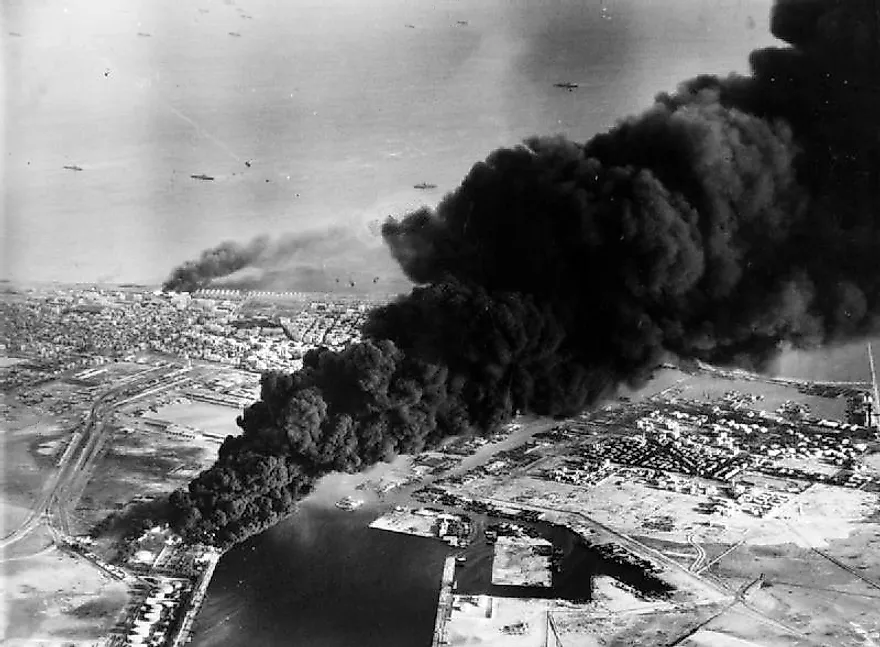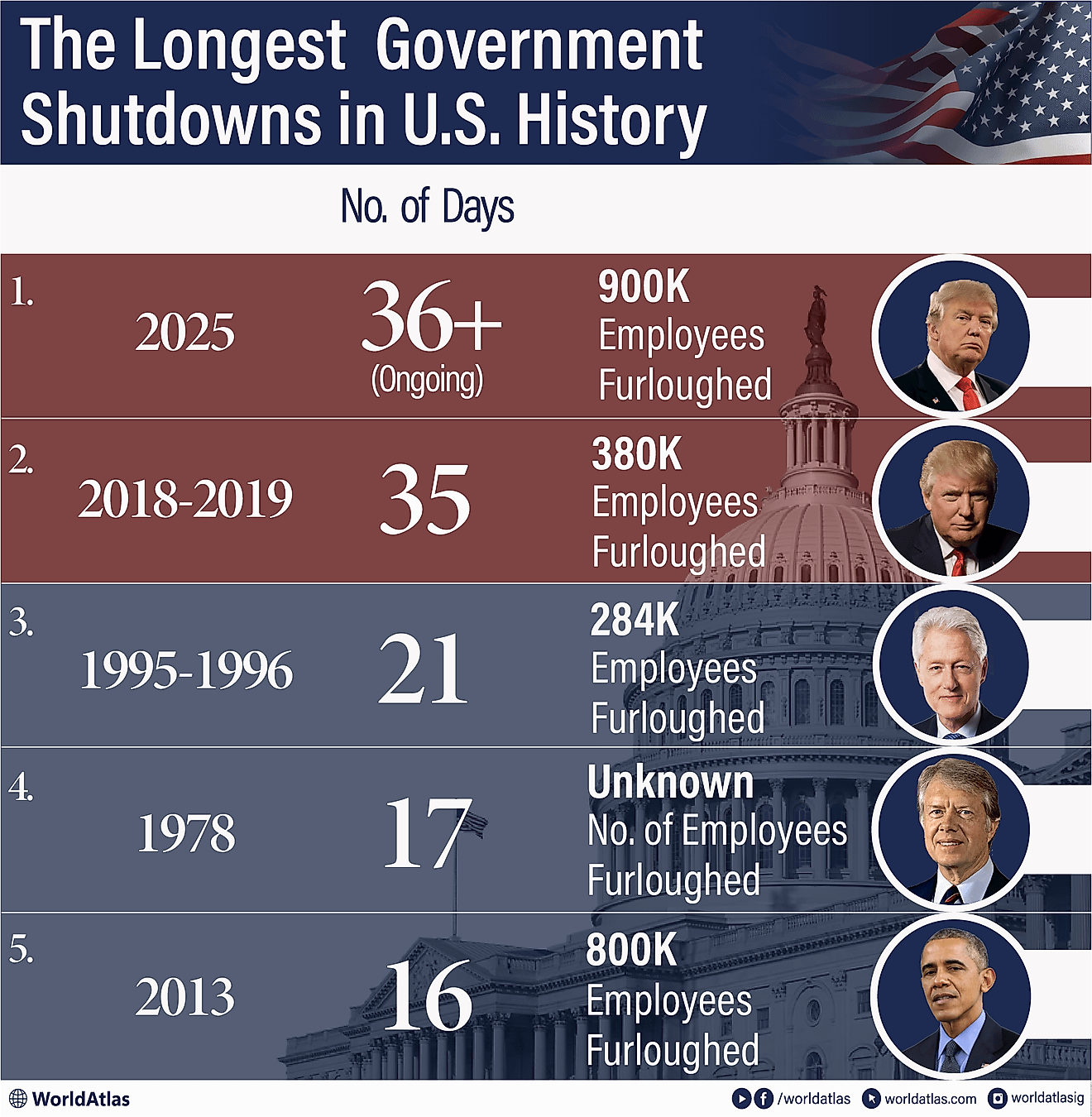What Was the Suez Crisis?

The Suez Crisis, also known as Sinai War or Kadesh Operation was the invasion of Egypt by Israel, the UK, and France in late 1956 with the aim of gaining control of the Suez Canal and also overthrowing Gamal Abdel Nasser, the Egyptian president. However, political pressure from the US, the UN, and the Soviet Union forced the three invaders to withdraw causing humiliation to the Great Britain and France and to strengthen President Nasser. The three countries attained some military objectives, but the Suez Canal was closed for six months from October 1956 to March 1957 with the UN forming UNEF Peacekeepers to monitor the Egyptian-Israeli border.
History Of The Suez Canal
The Suez Canal was opened in 1869 after the completion of its construction which was financed jointly by the French and Egyptian governments. It was managed and operated by the Universal Company of the Suez Maritime Canal with the surrounding area remaining an Egyptian territory. The canal enhanced trade between countries and assisted the European colonial powers to have control of their colonies. In 1875, Egypt disposed 44% its share of the canal to the British with the French maintaining the majority shares. When the UK invaded Egypt in 1882, they took control of the country including the canal proper. The canal was declared a neutral zone in 1888 during the Convention of Constantinople. The canal was strategically important during World War I and II as a shipment route. After the Second World War, the British consolidated and strengthened its position at the Suez. The canal became a source of growing tension in Anglo-Egyptian relation. In 1951, Egypt abrogated the Anglo-Egyptian Treaty of 1936 which granted the British a lease on the canal for 20 years. However, the British refused to withdraw leading to a military coup on July 25, 1952, which established Egypt as a republic.
The Dispute
Egypt subjected cargo and shipment from and to Israel to search and seizure while passing through the Suez Canal. In 1951, UN Security Council prevailed upon Egypt to terminate the restrictions and to cease all interference with such shipping. In 1954, Nasser sponsored raids into Israel triggering series of reprisal operations. He also pursued policies that frustrated British aim in the Middle East, thus increasing hostility between Egypt and Britain. In July 1956, Nasser nationalized the Suez Canal and froze all the assets of the Suez Canal Company and closed the canal to Israeli shipping. The British decided on military intervention as a means or regaining control of the canal. Nasser’s action also infuriated the French government who also decided on the military intervention.
The Invasion
The Israeli military planning for the operation focused on capturing the Sharm el-Sheikh town which would enable them to have access to the Red Sea. Gaza Strip was also a target since it was the training ground for the Fedayeen group. The Israeli Air Force began the conflict on October 26, 1956, at 1500 hrs with series of attacks on Sinai. The Egyptian forces mounted a spirited defense but were overpowered on the first day reporting a casualty of 260. On October 30, 1956, the Egyptian Navy dispatched its warship to Haifa. However, the ship was overpowered by the Israeli forces damaging the ship’s engine. On October 31, the British forces joined the war at the northern Red Sea. The war would intensify in the next five days with France also taking part in the war. The political pressure and threats of economic sanctions forced the British to call the ceasefire on November 6, 1956.
Casualties Resulting From The Suez Crisis
The casualty is estimated to be over 3000 with Egypt reporting the highest number. British recorded 16 deaths and 96 wounded while French casualties included ten dead and 33 wounded. Israeli recorded 231 deaths and 900 injuries while Egyptian casualties included 100-3000 deaths and 4000 injuries.











